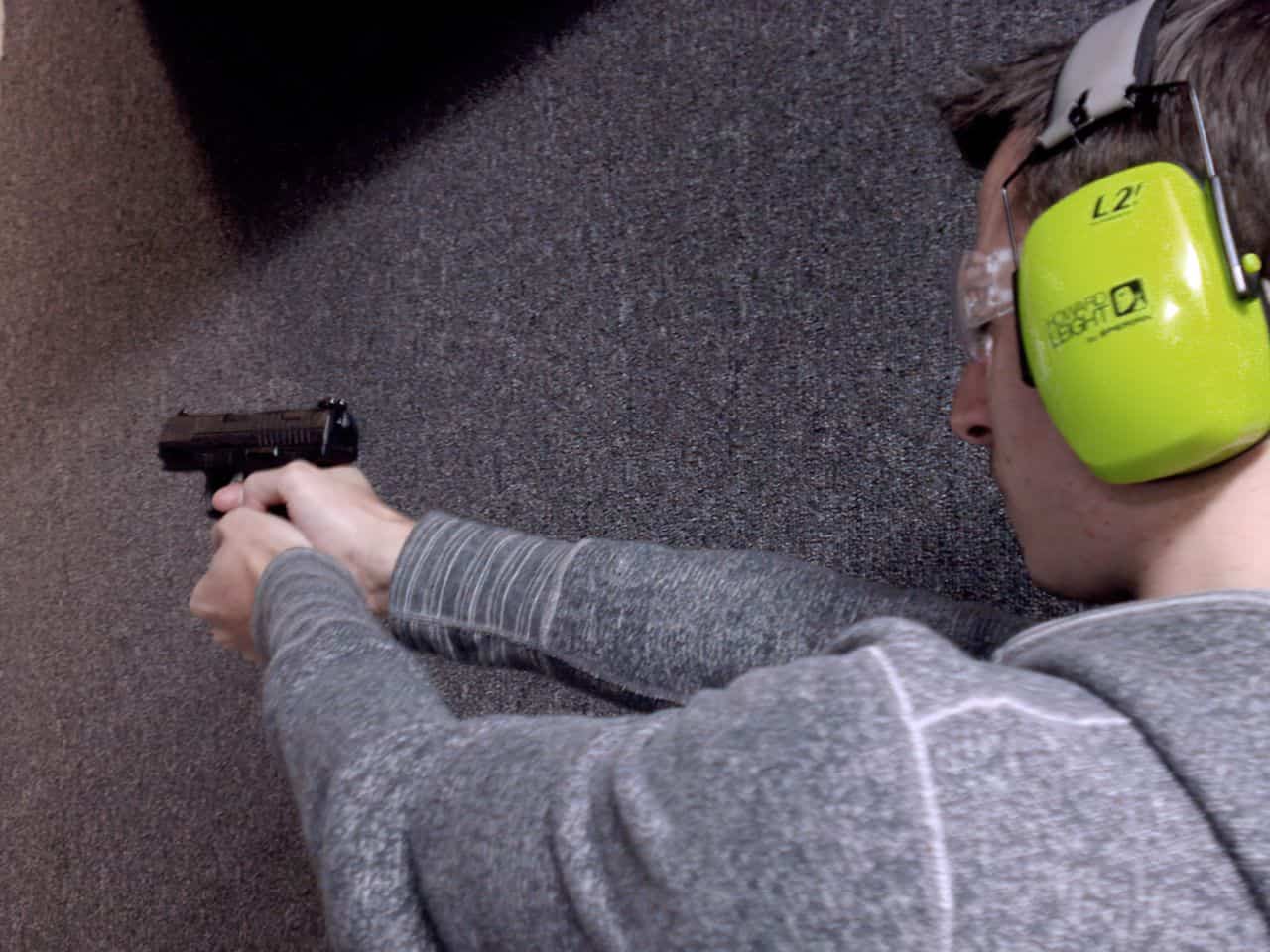Looking for a new hobby but feeling overwhelmed by all the options out there? You’re certainly not alone – it can be hard to know where to start. But fear not! Whether you’re looking to pick up something brand new or build on an existing interest, finding a hobby that aligns with your lifestyle and personality is key to making it a fulfilling and worthwhile experience. So, put down the remote and clear your schedule – we’ve got some tips and tricks to help guide you in choosing the perfect pastime for you!
Identifying Your Interests
One of the best ways to choose a hobby is to identify your interests. Start by thinking about what you enjoy doing in your free time. What does fun look like to you? Do you enjoy being active or spending time indoors? Another way to identify your interests is to consider your passions. What are you passionate about? This can be something as simple as a hobby or an activity that you’re interested in. Once you have identified your interests, you can start narrowing down your options for hobbies.
Think about how much time you are able to dedicate to a hobby. Do you want something that is a low commitment or something that requires more time and effort? Consider also how active or passive you want your hobby to be. Do you want something that is hands-on or something that is more relaxed? There are many different hobbies out there, so it’s important to narrow down your options and find one that fits both your lifestyle and personality.
Assessing Your Available Time And Budget
Before you choose a hobby, you need to assess your available time and budget. This will help you narrow down your options and choose a hobby that is feasible for you.
Think about how much time you have available for your hobby. If you only have a few hours a week, you won’t be able to commit to a hobby that requires daily or weekly maintenance, like gardening or fishing. Consider hobbies that can be enjoyed in short bursts, like reading, hiking, or crafting.
Next, consider your budget. Some hobbies can be very expensive, while others are relatively inexpensive. For example, if you’re interested in photography, you’ll need to factor in the cost of a camera and lenses. Or if you want to take up hunting, you’ll need to purchase supplies like a weapon, accessories like Rifle Scopes, and camouflage clothing. But if your budget is tight, there are plenty of cheap or free hobbies to choose from, like walking or knitting.
Once you’ve assessed your time and budget constraints, you can start exploring different hobbies until you find something that suits you.
Strategies For Sticking With Your Hobby
Starting a hobby is one thing. Sticking at it, however, is a whole other game. Here’s how you can:
1. Choose a hobby that you’re passionate about. You’ll get way more out of it if you are enthusiastic about everything. Look for something that interests you and that you can see yourself doing for the long haul.
2. Consider your commitments. Make sure your chosen hobby is compatible with the other commitments in your life. If you are always busy, you may want to choose something that is less demanding.
3. Set realistic goals. Part of enjoying your hobby is feeling successful at it. Set goals that are achievable so you can experience the satisfaction of accomplishing them.
4. Make time for your hobby. In order to stick with your hobby, you need to make time for it in your schedule. Dedicate some regular time each week to pursuing your hobby and stick to that schedule as best as you can.
5. Find a support group or community-related to your hobby. There’s nothing like having others who share your same interest to help keep you motivated and engaged in your hobby. Participating in a supportive community can also help prevent burnout and frustration levels associated with learning something new or difficult.
Taking Your Hobby To The Next Level
Taking your hobby to the next level can be exciting and rewarding. It allows you to explore new depths of your passion, challenge yourself, and even turn it into a career or business opportunity. Before you go ahead with this, ask yourself a couple of questions.
First, is your hobby something that you can see yourself doing long-term? If it’s not, you likely already have your answer. If you know you’re in it for the long run, your hobby could really become something wonderful.
Next, what would taking your hobby to the next level entail? For some hobbies, it may mean simply practicing more frequently or taking lessons from a professional. For others, it may mean entering competitions or starting your own business based on your hobby.
Before making any commitment, weigh the pros and cons of taking your hobby to the next level. Consider:
- How much time and money you’re willing to invest
- Whether or not you’re likely to see a return on that investment
- How much pleasure do you currently get from your hobby
If after giving it some thought you decide that taking your hobby to the next level is the right move for you, go for it!
Conclusion
Choosing the right hobby for you can be a daunting task, but it doesn’t have to be. By considering your lifestyle and personality, you should be able to find something that truly suits your interests and preferences. Whether it’s an outdoor activity like camping or a creative pursuit like painting, finding the perfect hobby is all about tuning in to who you are and what makes you tick. With this approach, hopefully, you will soon find yourself enjoying your new-found passion!

